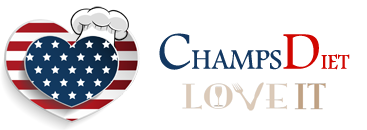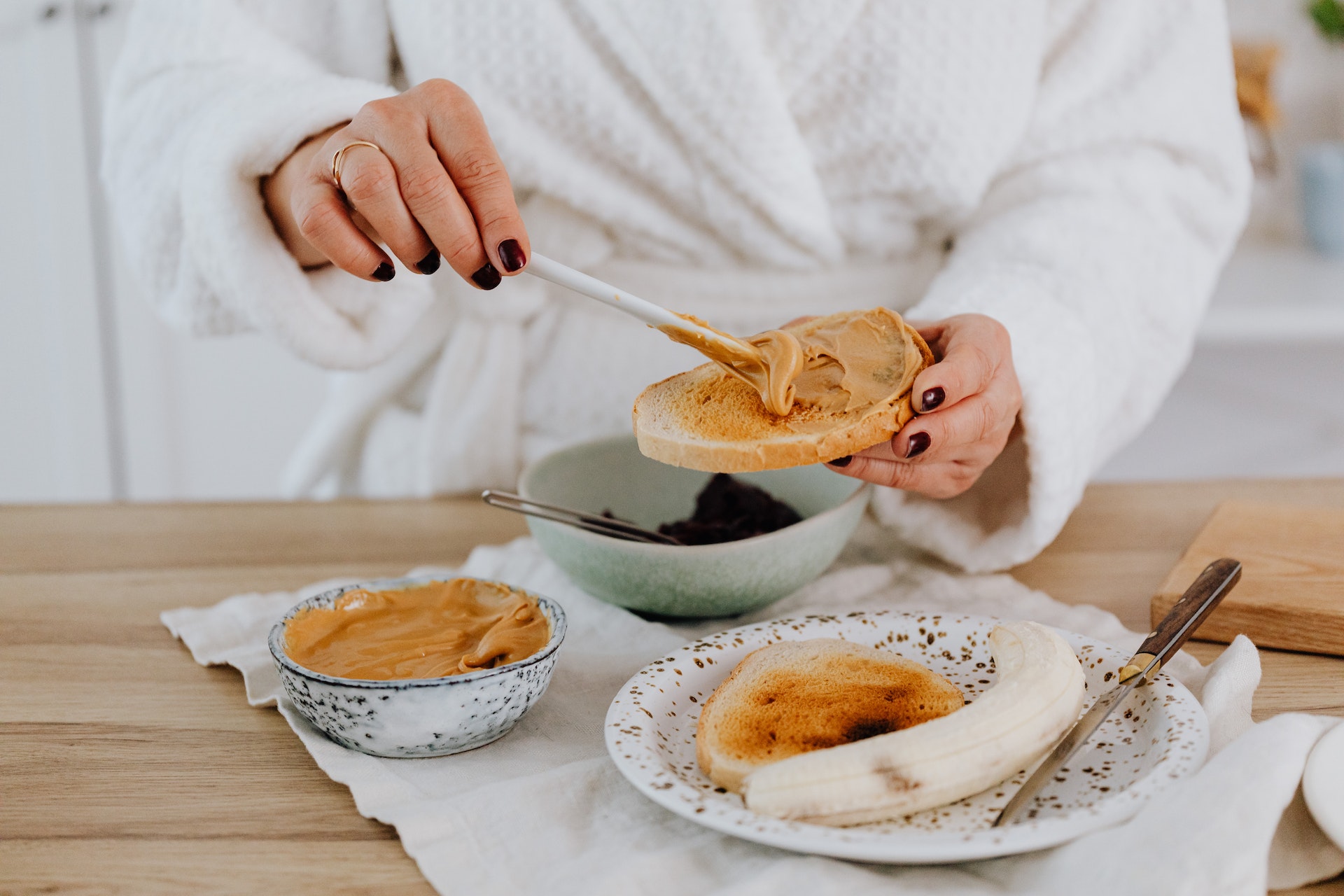Peanut butter is a great substitute for jam or regular sandwiches. Just spread it evenly on regular or lightly toasted bread and enjoy a great, easy-to-make snack.
1. Peanut butter is usually made from roasted nuts, a pinch of sugar, salt and oil or other fats.
2. Peanut butter is mainly exported by the United States of America (USA) and China. Although the sweet is popular all over the world, it is mainly eaten in North America, Australia, the Netherlands and the United Kingdom.
3. Research has shown that the Aztecs and Incas of the Americas were already rubbing nuts into a homogeneous mass, which could be said to be the first production of peanut butter!
4. In 1884, Canadian Marcellus Edson patented his peanut butter, which was made by heating and roasting nuts. In the early 1890s, he gave this mixture to patients who had difficulty chewing their food.
5. More than 340 million kilograms of peanut butter are consumed in the USA each year, and 24 January has even been declared National Peanut Butter Day!
6. Peanut butter is usually made using vegetable oil, which makes the butter spreadable.
7. Peanut butter is rich in a wide range of nutrients, protein, vitamin B6, vitamin E, niacin, manganese, magnesium, folic acid, copper, zinc, phosphorus and potassium, but it should be remembered that it is also extremely high in fat!
8. Many schools do not allow sandwiches made with peanut butter to be brought in for lunch, as peanuts are a strong allergen that causes allergic reactions in many children.
9. Peanut butter comes in two varieties: “smooth” and crunchy. The crunchy type consists of small pieces of nuts which can be used to make biscuits and sweets and eaten with chocolate, cheese or jam.
10. Peanut butter is sometimes called ‘nut paste’ and during the Second World War it was called ‘monkey butter’.
Warning:
There are many good things about peanut butter, but there are also some negatives.
It is quite rich in nutrients and a good source of protein. It is also rich in fibre, vitamins and minerals, although this does not seem so significant when you consider the high calorie content.
On the other hand, it is a potential source of aflatoxins, which are associated with harmful effects over time.
Although you should not use peanut butter as the main food source in your diet, it is probably not a bad thing to eat it, but only in small quantities.
The main problem with peanut butter is that it is incredibly hard to resist. If you eat only small amounts, it is unlikely to do any harm. However, it can be almost impossible to stop after eating a spoonful 🙂
So, if you have a predisposition to peanut butter, it may be best to avoid it completely. If, however, you can eat in moderation, it is likely that moderate consumption of peanut butter will not have any significant negative effects.
Enjoy in moderation!

